Climate change is responsible for “weather” records 2012
This has been a record-breaking year in terms of heatwaves, drought, floods, hurricanes, melting Arctic ice. There are those who would say we have always had extreme weather events and they have nothing to do with human-induced global warming. But the World Meteorology Organisation (WMO) is in no doubt that all these are signs that global climate change is already happening. The experts brought out their provisional climate report for 2012 in Doha, where the climate talks have so far failed to make any progress.
This has been a year of above-averge temperatures and extreme weather events, according to the WMO. A taste of (climate) things to come, says Jeremiah Lengoasa, the Secretary General of the UN’s weather body. Forest fires in the northern hemisphere, record temperatures in Europe and the USA, a cooler summer in northern Europe but an unusually hot one in the south of the continent. Drought in the USA, parts of China, Brazil, floods in West Africa, Pakistan, Argentina and southern China, extremely cold winter in eastern Russia, a third season of super-strong hurricanes in the Atlantic , record sea ice minimum in the Arctic…. Lengoasa says climate change is no longer a threat for the future. It’s already here.
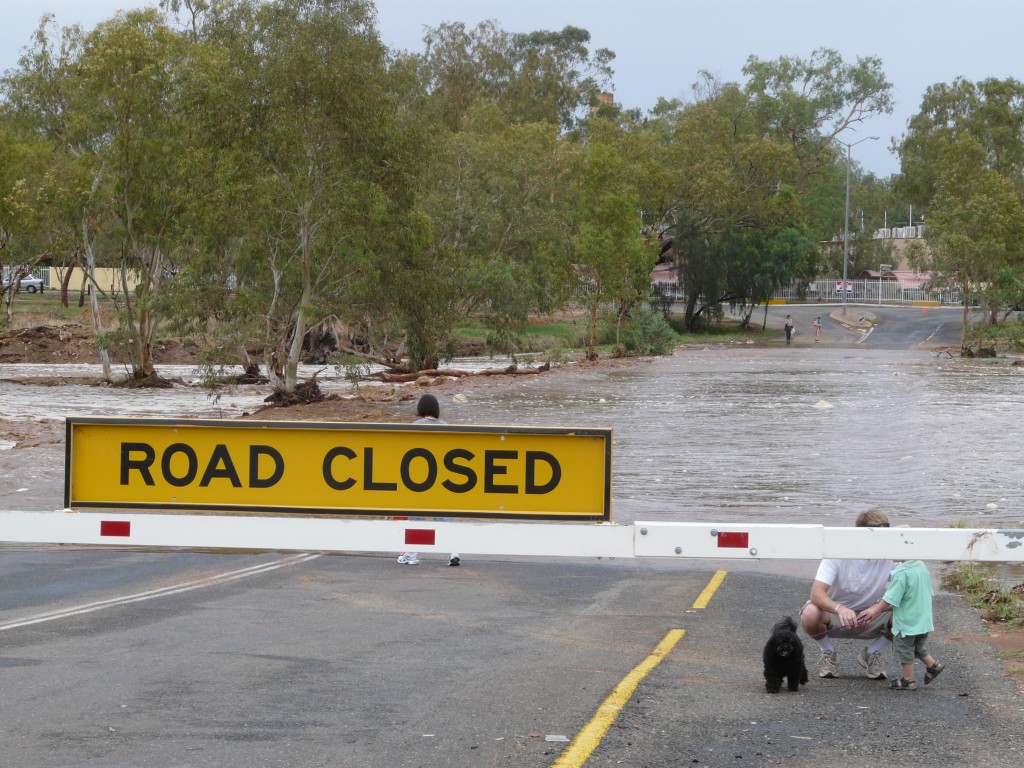
Experts say climate change is increasing the likelihood of extreme weather events. This show flooding in Alice Springs, Central Australia, when I was there in 2008. Expecting the dusty “red centre”, I was surprised to meet with floods and frogs!
Record polar ice loss should spur action in Doha!
Not a day seems to go by without another new revelation about the state of the polar ice, which we once though was such a normal, permanent feature of our planet. Now an international team of satellite experts has produced what they say is the most accurate assessment of ice losses from Greenland AND Antarctica to date and the result is devastating.
![]() read more
read more
Greenpeace Save the Arctic in Doha
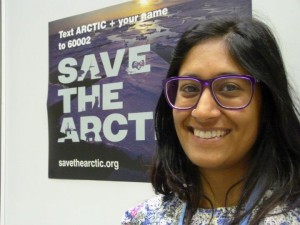 I’ve just been reading a blog by my colleague Anne Allmeling, who’s currently at the conference in Doha. She’s working on a story about ngos at the conference, which I hope we’ll be able to read tomorrow.
I’ve just been reading a blog by my colleague Anne Allmeling, who’s currently at the conference in Doha. She’s working on a story about ngos at the conference, which I hope we’ll be able to read tomorrow.
Amongst the activists braving the Arctic chill of the air-conditioned conference centre, Anne came across Swati Jangle from Greenpeace’s Save the Arctic campaign.
Ice blog regulars, DW fans and Living Planet listeners in particular may remember I visited one of their events in Bonn earlier in the year. It’s a very active campaign. Think global act local in practice here.They are campaigning to stop oil drilling and industrial fishing in the Arctic and are aiming to collect 3 million signatures and are currently at 2,217,626. Long way from Doha to the Arctic? It is in fact a very small world.
My friend asked me on the phone last night how our climate conference coverage was going. I was not surprised – but somehow disappointed – when she said “from what I hear in the media, it’s a waste of time anyway”. More power to all the volunteers from organisations all round the world who brave the crowds and bureaucracies of these mega-events and the pessimism that so easily takes hold in a lot of mass media to keep drawing attention to what we CAN do.
Warming permafrost on the Doha agenda
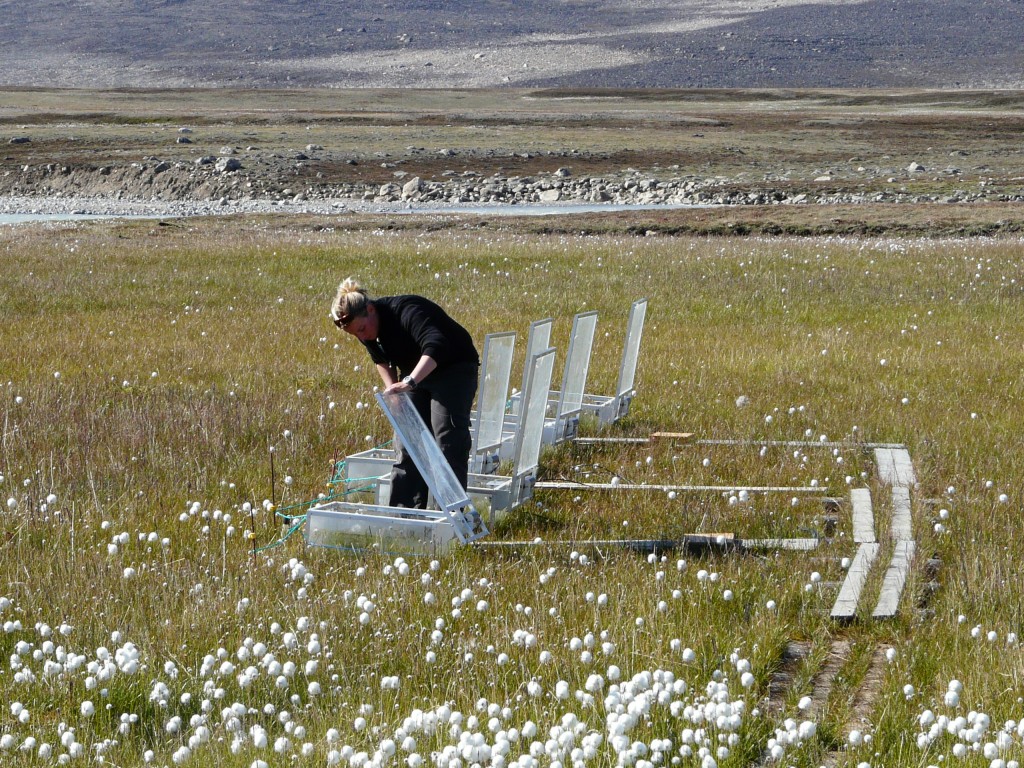
Scientists at measuring stations like the one I visted at Zackenberg, Greenland, measure the amount of greenhouse gases emitted by melting permafrost.
I was glad to see UNEP making sure the melting permafrost issue gets some wider public attention by launching its first report on the status of the world’s permafrost regions in Doha while the international climate talks are in full swing. Climate change is having a major impact on the permanently frozen soil in the Arctic, Siberia and high mountain regions. In the UNEP study, an international team of experts explain what is happening and what potential risks this thaw has for countries with permafrost.
![]() read more
read more
Climate talks too slow for Antarctic sea snails

The pteropod, (marine snail) Limacina hilicina antarctica, Photo: Nina Bednarsek
While the climate negotiations continue at a snail’s pace in Doha, marine snails or pteropods in the Antarctic are losing their shells because of ocean acidification. Researchers from the British Antarctic Survey (BAS) and partners have published the first evidence of ocean acidification affecting live marine creatures in the Southern Ocean. Ocean acidification is caused by the uptake of carbon dioxide from the atmosphere emitted as a result of fossil fuel burning.
![]() read more
read more





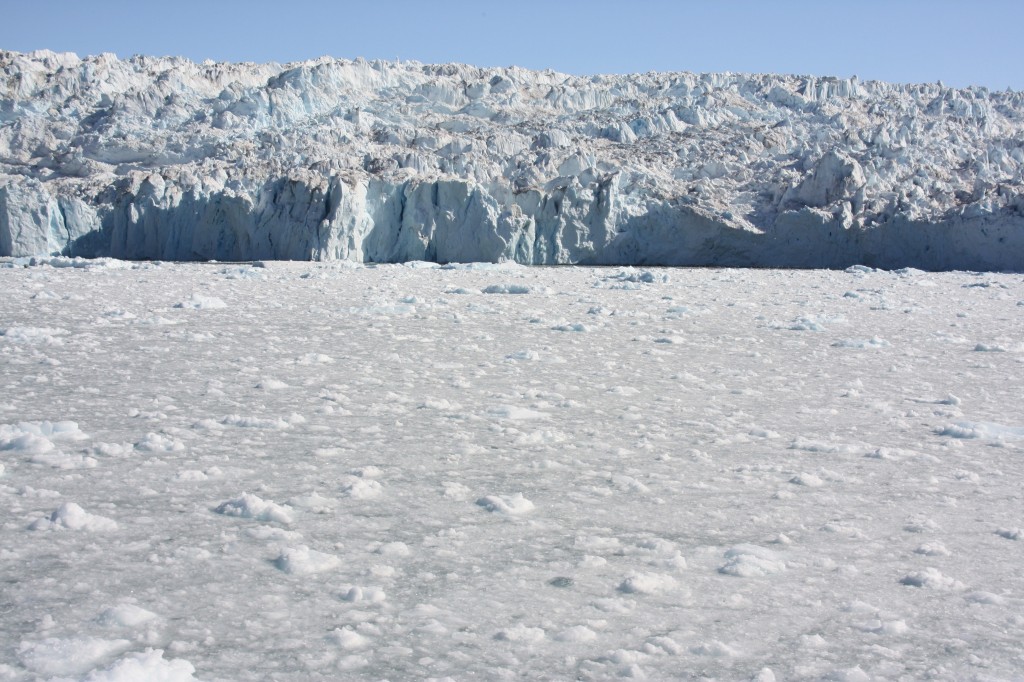
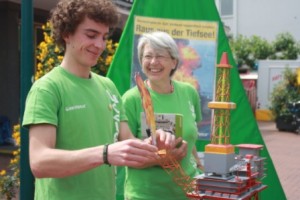
















Feedback